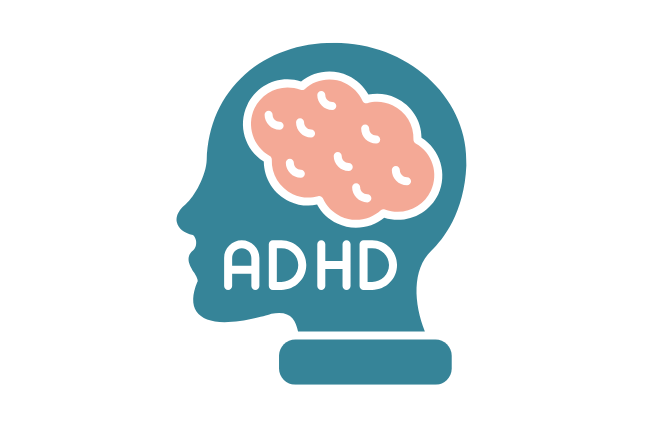
April 22, 2024 — Women who are restrained eaters to control their weight can still appreciate high-calorie foods with training to respond more flexibly to food cues, according to a new study by Hebrew University of Jerusalem researchers published in the Journal of Food Disorders.
Restrained eaters are individuals who chronically avoid eating to reduce their weight and hold negative attitudes toward food. Previous attempts to disrupt this pattern by encouraging the complete elimination of inhibitory food responses resulted in increased food consumption but also elevated food-related anxiety. The current study tested whether training restrained eaters to respond more flexibly to food would increase positive attitudes toward food.
The researchers, Ph.D. student Shir Berebbi and a team supervised by Prof. Eyal Kalanthroff in the Hebrew University Psychology Department recruited 78 females who restricted their eating into three groups. One, in which participants were asked to either respond or inhibit their response to images of food in a computerized task, another where participants were asked to respond to all food images, and a third in which participants were asked to inhibit their response to all food images.
“We found that only the flexible group showed more positive attitudes toward food as there were no noticeable changes in the other two groups’ attitudes,” the researchers note. “These findings suggest that encouraging flexible responses/inhibition to food enhances positive attitudes toward food in individuals who restrict their eating.”
The study involved 78 female participants identified through the Dutch Eating Behavior Questionnaire for their restrained eating patterns, characterized by chronic dieting and food intake control. Researchers used psychological evaluations such as the Implicit Association Test (IAT) and Food Stop-Signal Task (F-SST) to assess subconscious food attitudes and impulse control. A bogus taste test measured actual food consumption. The study also introduced a flexible food response task, to which participants had to either respond to or inhibit their response to different food stimuli, offering a new approach to understanding eating behaviors.
“Our findings are pivotal as they suggest a new therapeutic avenue that could potentially aid individuals with disordered eating patterns to redefine their attitudes towards food,” said Shir Berebbi. “By advocating for flexibility rather than rigid response or inhibition, we can support more sustainable and healthy eating behaviors.”
This study was supported by the Israel Science Foundation (Grant No. 1341/18).
The research paper titled “Fostering positive attitudes toward food in individuals with restrained eating: the impact of flexible food-related inhibition can be accessed here.
Researchers:
Shir Berebbi1, Hadar Naftalovich1, Noam Weinbach2, Eyal Kalanthroff1,3
Institutions:
- Department of Psychology, The Hebrew University of Jerusalem, Jerusalem, Israel
- School of Psychological Sciences, University of Haifa, Haifa, Israel
- Department of Psychiatry, Columbia University Medical Center, New York, USA




